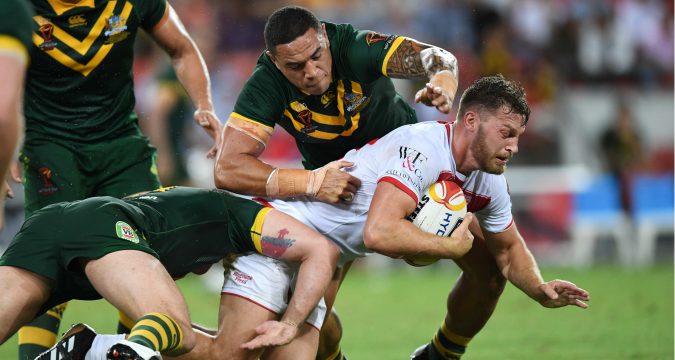 International Rugby League has published revised rules relating to the eligibility of players in the international game.
The key points are:
Eligibility to represent a nation is based upon the birthplace of the player, the birthplace of any parent or grandparent, or residency over a five-year period.
A player can only elect to represent
International Rugby League has published revised rules relating to the eligibility of players in the international game.
The key points are:
Eligibility to represent a nation is based upon the birthplace of the player, the birthplace of any parent or grandparent, or residency over a five-year period.
A player can only elect to represent IRL update rugby league’s international eligibility rules
 International Rugby League has published revised rules relating to the eligibility of players in the international game.
The key points are:
Eligibility to represent a nation is based upon the birthplace of the player, the birthplace of any parent or grandparent, or residency over a five-year period.
A player can only elect to represent
International Rugby League has published revised rules relating to the eligibility of players in the international game.
The key points are:
Eligibility to represent a nation is based upon the birthplace of the player, the birthplace of any parent or grandparent, or residency over a five-year period.
A player can only elect to represent 